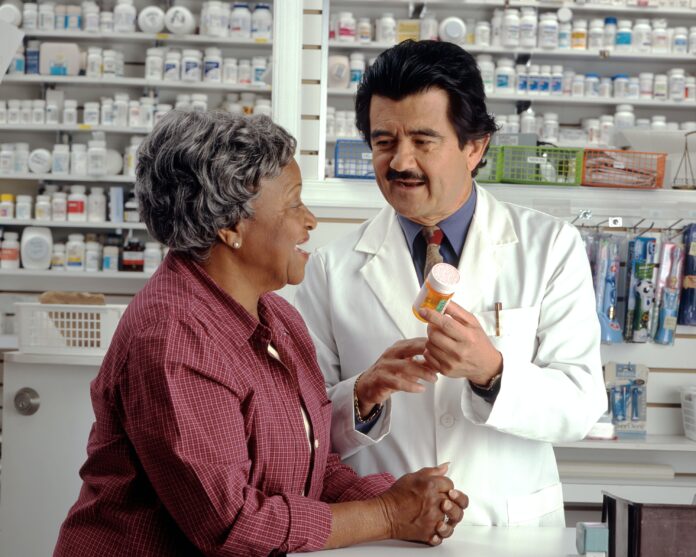Published in the Pharmaceutical Journal
22 Nov 2011
A prescription comes into the pharmacy, the pharmacist clinically checks; it is either safe or the prescriber is contacted.
To me, this is a strange sequence of events. Pharmacists are deemed not qualified enough for full prescribing rights without further training, yet we are checking the prescribing of a doctor. We apparently do not have the necessary disease knowledge, compared to that of a doctor, yet we make educated guesses from prescriptions, and validate the work of doctors, even though they are ‘inherently more qualified to make prescribing decisions’.
In any other profession, would you check the work of someone supposedly more qualified than yourself.
Clearly, doctors and pharmacists have different niches, doctors in diagnosis and pharmacists in medicines regime evaluation. However, I feel these roles are too distinct. Doctors are not taught the same volume of material about drugs as pharmacists are, yet they have full prescribing rights. We learn a lot more about drugs, yet we cannot diagnose, at least not without further training. How can you prescribe appropriately without applying the science that pharmacists learn, and how can pharmacists truly validate the work of doctors, unless pathology is taught more fully to pharmacy students?
It seems that the dividing line between the different niches is becoming more blurred. I feel that we pharmacists will only truly be able to define our profession, once we are equipped with all the necessary knowledge to truly do a thorough clinical check, particularly in community pharmacy.
Source: https://www.pharmaceutical-journal.com/news-and-analysis/opinion/blogs/are-pharmacist-and-doctor-roles-confused/11089848.blog?firstPass=false
Image Source: unsplash.com
Analysis:
I chose this article as a focus article because my area of interest is in the role of the expert within pharmaceutical literacy. This article is from the perspective of the pharmacist, in which they voice their frustrations with the medical system. There seems to be some tension between doctors being able to prescribe drugs, and pharmacists being more educated on those drugs that are prescribed.





Hi Amber, this article suits your avenue of interest perfectly. Much of our discussion has been between the health care physician and the patient, however this article addresses both parties that incorporated prior to the patient or individual receiving a medication. This acknowledgement will be crucial as further discussions can made including all the necessary individuals in addition to the recipient.